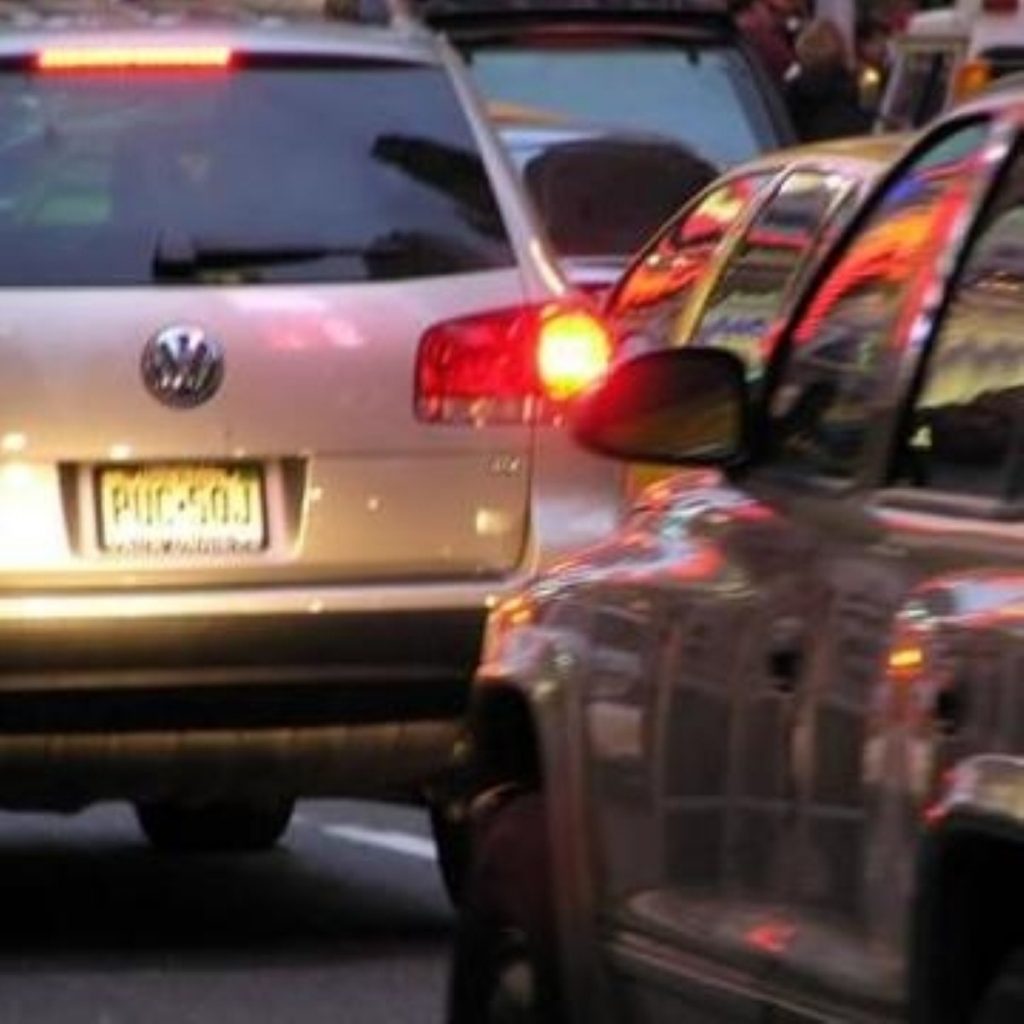Lib Dems launch road user pricing
Individuals will be charged according to when and where they are driving under a new proposal agreed by the Lib Dems today.
Transport spokesman Tom Brake warned that radical action was needed to keep Britain moving and to tackle increasing levels of pollution.
And today delegates at the party conference in Blackpool agreed a motion to introduce road-user pricing as a way of both cutting congestion and emissions.
“Without proper action things will only get worse. Traffic is projected to increase another 25 per cent by 2010,” Mr Brake said.


“Only by moving forward with a road pricing scheme will this traffic problem be addressed and Britain’s clogged transport arteries cleared.”
There were concerns among delegates that that the proposals would require too much ‘Big Brother’ surveillance of cars, despite the motion’s insistence that “civil liberties will be safeguarded”.
The policy also goes directly against the Lib Dems’ policy of the direct taxation of pollutants, as it would replace vehicle excise duty and fuel duty.
“Where is the incentive to switch to alternative fuels?” asked Claire Young of Northavon, adding that a national policy was also against the principle of localism.
However, while the motion insists the road user pricing system will not be used to collect more money than current vehicle and fuel duties, it does call for more investment in public transport.
And pre-empting criticisms that road pricing will simply widen social inequalities by hitting poorer families who live in areas with no public transport, it says that the availability of local buses and trains will be taken into account in any charge.
“We need to fundamentally change behaviour, and to get them to think about a particular journey and whether there is a better way and a better time to do it,” said Susan Kramer MP – a member of the Lib Dems’ Treasury team.
She admitted that the road user tax was a regressive tax, but insisted that all forms of environmental taxation “are by definition regressive”. What was important, she said, was that the overall tax policy was progressive.
The underlying point was that while vehicle excise duty and fuel tax had been proved to be not very effective in changing behaviour, she said, and research showed road pricing was a better persuasive tool.
For a list of Opinion Former fringe events click here.












